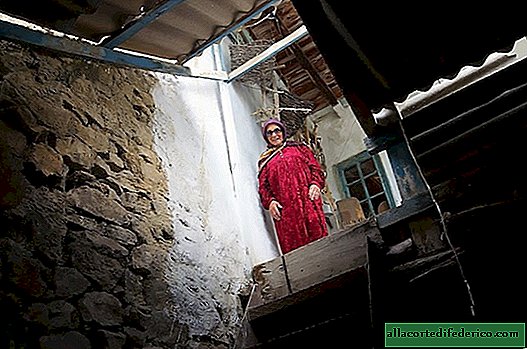Why do Japanese live the longest in the world
Residents of the Land of the Rising Sun have the highest life expectancy among the entire population of the planet. Women in Japan live on average up to 86 years, and men - up to 79 years, which is higher than in any other developed country in the world. Many tourists visiting this country note that the Japanese look very young, slender and energetic. Even people of advanced age lead an active lifestyle, ride bicycles, play sports and look younger than their years.
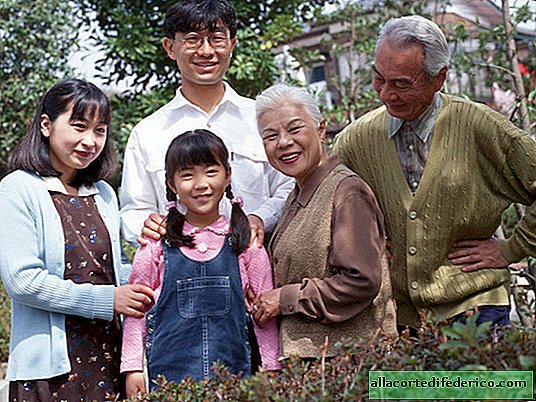
It is worth mentioning that the Japanese are mostly terrible workaholics. They work almost seven days a week, and the statutory length of annual leave is 18 days, although on average this figure does not exceed 8 days. The Japanese smoke quite a lot and regularly drink alcohol. And the terrible nuclear disasters suffered by the country, Hiroshima and Nagasaki in 1945, as well as Fukushima in 2011 in no way contribute to a healthy and long life.
All this makes scientists around the world look for a clue to this island phenomenon. And now, numerous researchers of Japanese longevity presented their findings to the public. It turns out that the whole thing is in the lifestyle of the Japanese.
First of all, these are the features of nutrition. The food culture in Japan is very reminiscent of the list of recommendations from a book on good nutrition. They drink a lot of water and green tea, eat in small portions and try to eat only fresh products that have not undergone long-term storage and preservation.
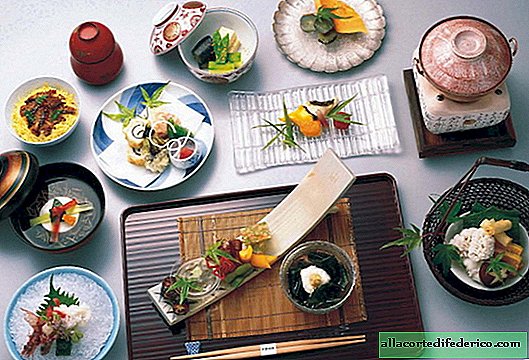
The second peculiarity of Japanese nutrition is the consumption of a large number of fresh vegetables and fruits, as well as seaweed, with minimal heat treatment. These foods are very rich in vitamins and minerals and are virtually devoid of calories. In addition, they hardly eat bread and instead eat rice.
In addition to proper, fresh and vitamin-rich food, the Japanese are also distinguished by the fact that they eat less than Europeans. This applies not only to the amount of servings, but also the amount of sweet. For example, Japanese cake is three times smaller than Russian. And of course, it is worth mentioning green tea. The Japanese drink a lot of green tea, which is good for health and strengthens the immune system. In some cases, they not only drink it, but also eat leaves. They also consume a lot of water, not only when they are thirsty, but also simply throughout the day. The island nation is also a consumer of a large number of nutritional supplements and vitamin complexes designed to improve health and prolong life.
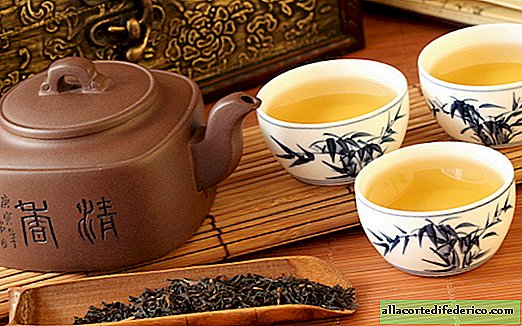
The second important component of the Japanese lifestyle is its high mobility. They travel a lot on foot and on bicycles, and drive less on cars than Europeans. The Japanese, and even the elderly Japanese, love to play golf croquet. Long-livers who participated in the studies advise to walk at least 10,000 steps a day, which is about 6 kilometers.
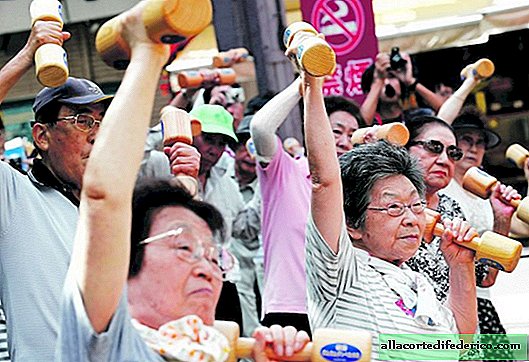
The third important component of Japanese life, which researchers note, is their attitude to the surrounding nature and inner calm. The Japanese live in harmony with their nature, and the famous Japanese kindergartens and bonsai are not remnants of the past or a tribute to traditions. Most older Japanese people always have a favorite tree in their garden in the courtyard or on the windowsill, which they take care of and devote a lot of time to. Caring for nature is imbued with their entire existence, because over 125 million people live in a small area, and in order to save their country for future generations, they do a lot to protect nature.
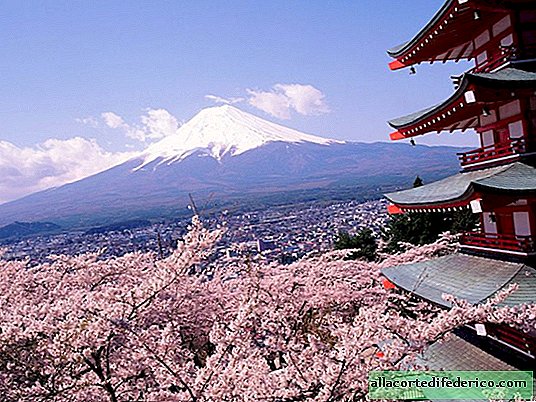
The centenarians of the Land of the Rising Sun often give advice on how to live in order to be in harmony with oneself and others. They recommend smiling more often, doing good deeds, rejoicing at children and not being upset about a lack of money or material wealth. Elderly Japanese are also advised to accept with gratitude everything that life gives us, and not be offended by people. Perhaps the love of life is the most important thing that allows the Japanese to live to a very old age.









